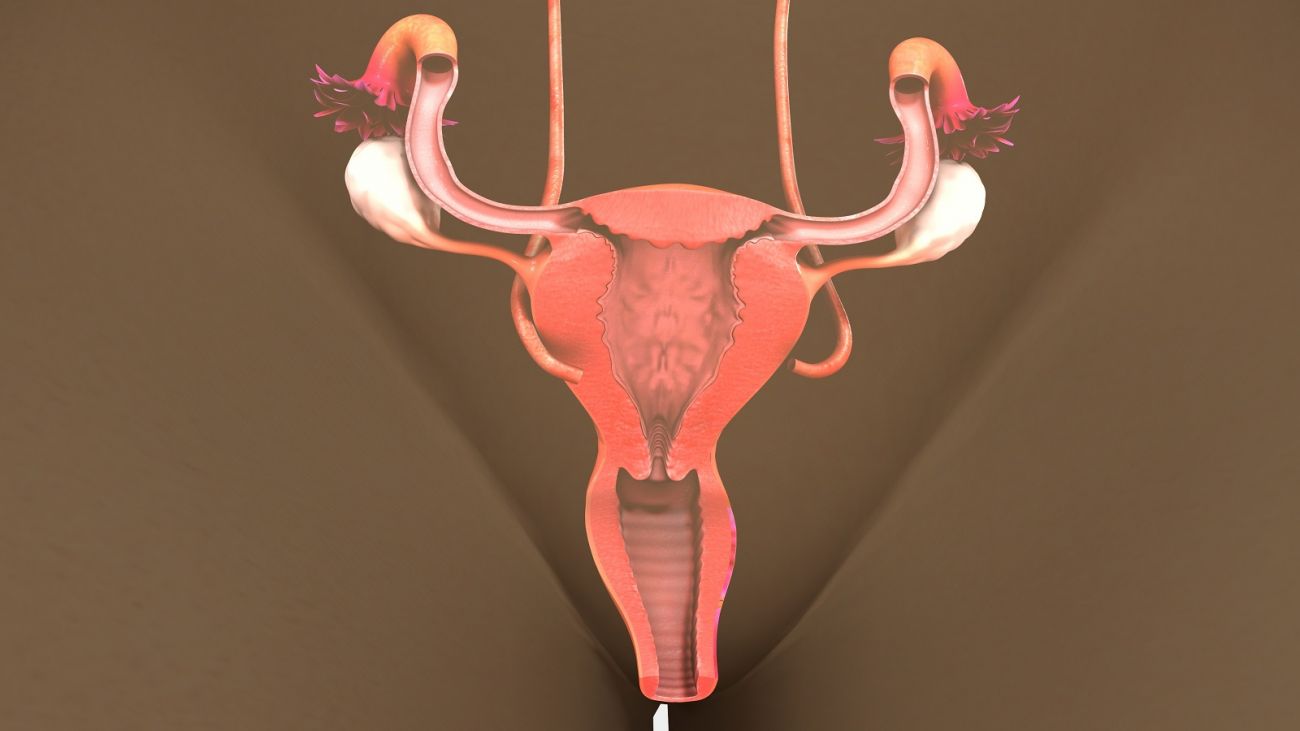Even with regular visits to your gynecologist, ovarian cancer is difficult to detect. Routine pelvic exams find only 1 in 10,000 ovarian cancers in patients who don’t have any symptoms. Unlike cervical cancer where the Pap and HPV screening tests can detect the cancer cells on the cervix at very early, or even precancerous stages, no such screening exists for detecting ovarian cancer in the general population.
Physicians often use a blood test to measure levels of a protein called CA-125 and vaginal ultrasound to look at the uterus, fallopian tubes and ovaries in women with a high risk or suspicion of ovarian cancer, but to date these tests have not proven useful for screening in an average risk population. (Many common and benign conditions can also elevate CA-125 such as uterine fibroids, ovarian cysts and endometriosis.)
What can I do to prevent ovarian cancer?
Learn whether you face increased risk for ovarian cancer with this Ovarian Cancer Risk Assessment. Knowing your risk will help you and your physician decide what early detection or preventive measures might be right for you.
Are you at high risk?
Of the several risk factors associated with ovarian cancer, family history is the only one associated with significant increased risk. Contact us for an evaluation if your personal or family history includes any of the following:
- You were diagnosed with breast cancer before age 45
- Male relative with breast cancer
- Personal or family history of ovarian, fallopian tube, or primary peritoneal cancer in a first- or second-degree relative (mother, sister, grandmother)
- Personal or family history of hereditary non-polyposis colorectal cancer (Lynch Syndrome) in a first- or second-degree relative
- Personal or family history of a BRCA1 or BRCA2 gene mutation, or mutation in another cancer susceptibility gene such as BRIP1, RAD51C or RAD51D
Roswell Park’s High Risk GYN Cancer program offers guidance, screening, genetic counseling and testing and risk reduction strategies for women at increased risk for ovarian cancer.
